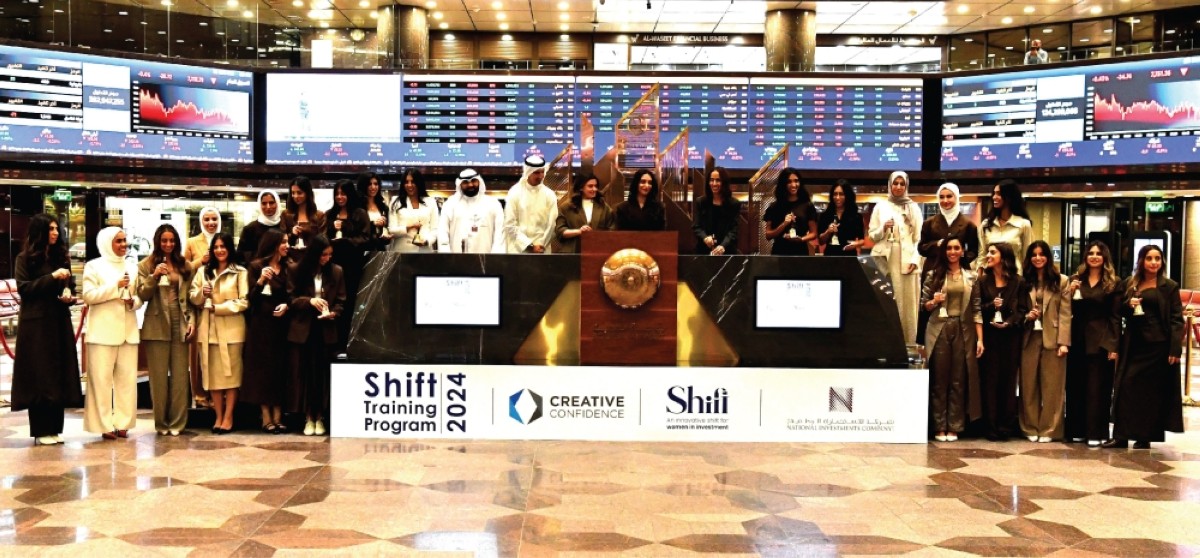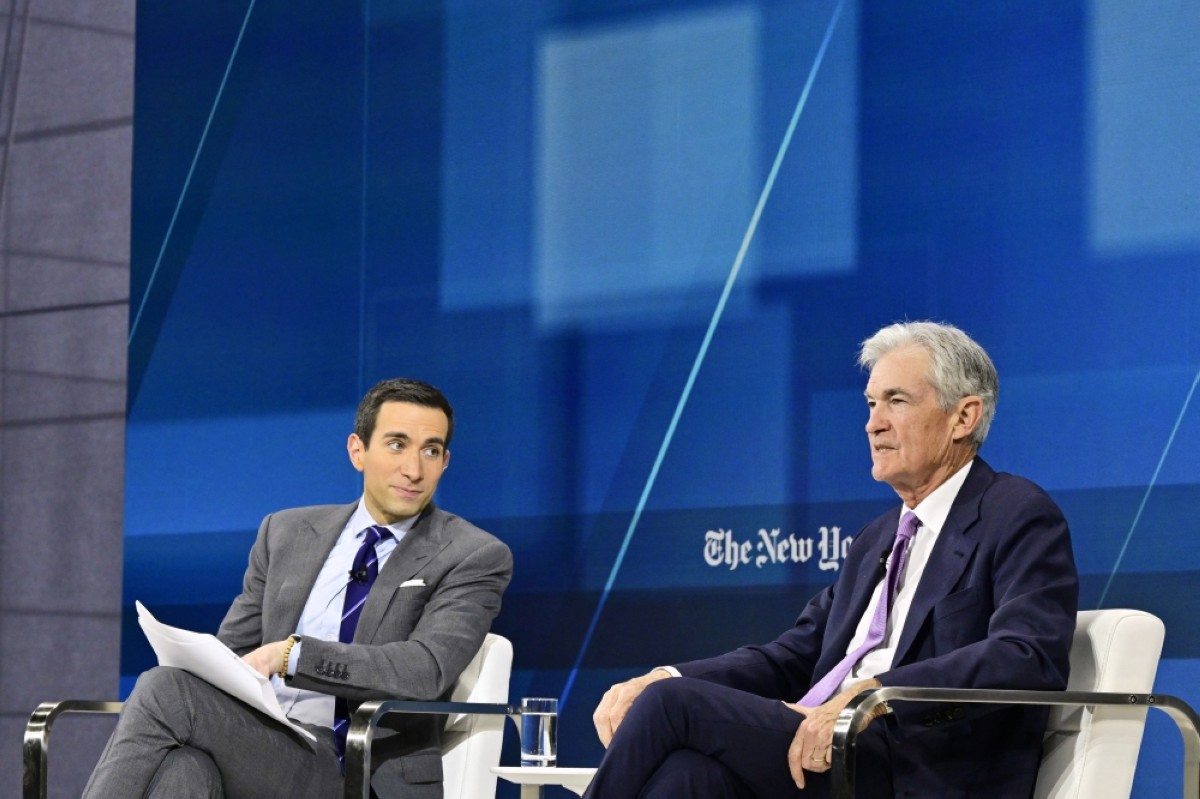UK exits recession with stronger than expected growth
LONDON: Britain’s economy emerged from a short-lived recession in the first quarter with stronger-than-anticipated growth, upwardly revised data showed Friday, lifting embattled Prime Minister Rishi Sunak before next week’s general election.

DERBY, UK: Britain's Prime Minister Rishi Sunak walks beside a train being built during a visit to Alstom Transport in Derby, northern England, on June 27, 2024.—AFP.
Gross domestic product grew 0.7 percent in the first three months of this year, the Office for National Statistics (ONS) said, upgrading the prior growth estimate of 0.6 percent. Market expectations had been for no change.
The surprise modest improvement was driven by the services sector, with slightly stronger activity in the professional services, transport and storage.
The upbeat news comes as Sunak’s Conservatives are badly trailing the main opposition Labour Party, led by Keir Starmer, ahead of nationwide polls due next Thursday. “This is certainly good news for whoever will be the Prime Minister this time next week,” noted Paul Dales, chief UK economist at research consultancy Capital Economics.
However, the ONS had revealed earlier this month that the UK economy had stagnated in April with zero growth, but the performance was hit by wet weather.
The economy contracted slightly for two quarters in a row in the second half of 2023, meeting the technical definition of a recession that was caused by elevated inflation that has prolonged a cost-of-living crisis. Britain votes on July 4 in an election widely expected to be won by Labour, a victory that would end 14 years of rule by Conservatives, who have been led by Sunak since 2022.
“This is certainly good news for whoever will be the Prime Minister this time next week, although it could also contribute to the Bank of England cutting interest rates a bit slower than otherwise,” noted Paul Dales, chief UK economist at research consultancy Capital Economics.
The ONS had already revealed earlier this month that the economy stagnated in April with zero growth, dented by wet weather which weighed on construction firms and retailers.
“More timelier GDP data from April suggests that the UK economy may have slipped up again,” warned XTB research director Kathleen Brooks.
Richard Flax, chief investment officer at European digital wealth manager Moneyfarm, meanwhile cautioned that Britain’s economic recovery would be modest. “While the UK does not appear poised to re-enter recession, these figures hardly endorse Sunak’s claim that the economy has turned a corner,” said Flax. — AFP
“It’s important to note that the recovery is likely to be modest... Interest rates remaining at elevated levels will continue to put pressure on household and company spending.”
The BoE last week held its key interest rate at a 16-year high of 5.25 percent despite UK inflation returning to its two percent target. Until now, it had been forecast to cut borrowing costs at its next monetary policy gathering on August 1.
Inflation in Britain has slowed sharply in recent months to strike a near three-year low, recent data showed. The Consumer Prices Index decelerated to 2.0 percent in May from 2.3 percent in April.
UK inflation last stood at the BoE’s 2.0-percent target in July 2021, before rocketing higher in a cost-of-living crisis fuelled largely by soaring energy and food bills. Prices are nevertheless rising on top of sharp increases seen in recent years. -- AFP.











